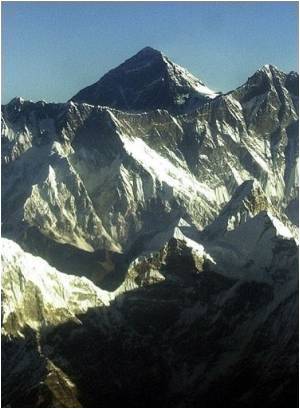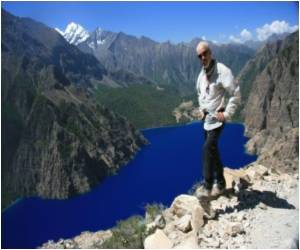
Of the 111 stations examined, 77 per cent displayed statistically significant increases in annual temperature.
Collating a broad range of research on glaciers during this time period, the researchers, from the Chinese Academy of Sciences, identified three characteristics that were consistent with the increasing trend in temperature; drastic retreats were observed in the glacial regions, along with large losses of mass and an increase in the area of glacial lakes.
In the Pengqu basin of the Himalayas, for example, the 999 glaciers had a combined area loss of 131 km2 between 1970 and 2001, whilst the Yalong glacier in the Gangrigabu Mountains retreated over 1500 meters from 1980 to 2001.
The implications of these changes are far more serious than simply altering the landscape; glaciers are an integral part of thousands of ecosystems and play a crucial role in sustaining human populations.
Continued widespread melting of glaciers, caused by increasing temperatures, could potentially lead to floods, mudflows and rock falls, affecting traffic, tourism and wider economic development.
Advertisement
As well as temperature, the researchers also investigated precipitation; however the results were less marked. Annual increasing precipitation is consistent with climate change and was observed in 53 per cent of the stations. A decrease in annual precipitation can also influence glacial retreat and this was observed in central regions of the Himalayas.
Advertisement
"It is imperative we determine the relationship between climate change and glacier variations, particularly the role of precipitation, as the consequences of glacial retreat are far reaching," he added.
Source-ANI








